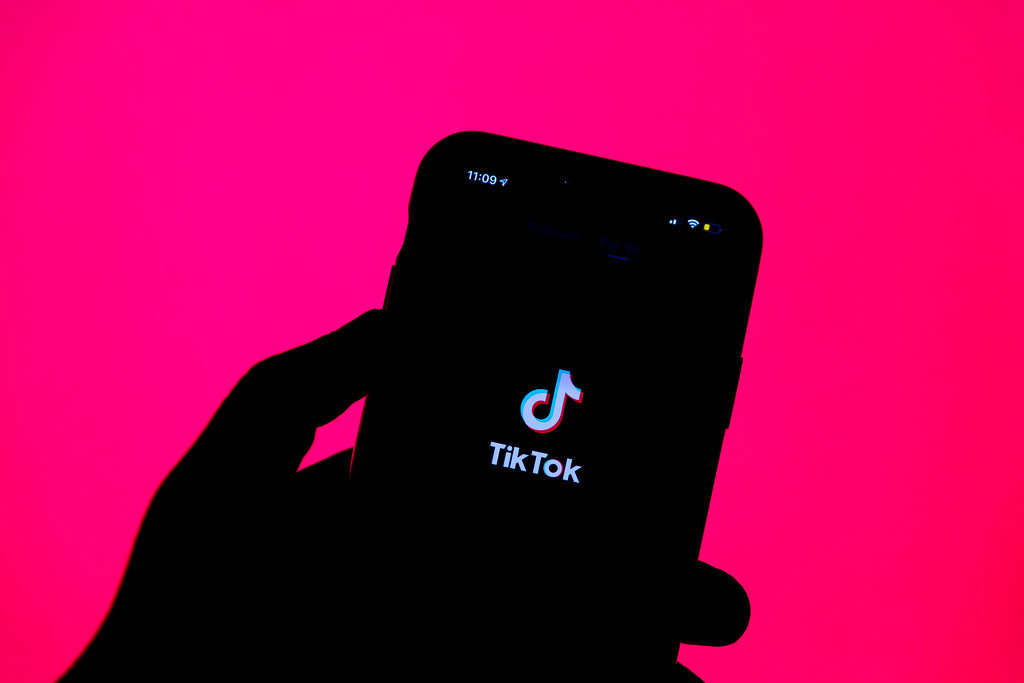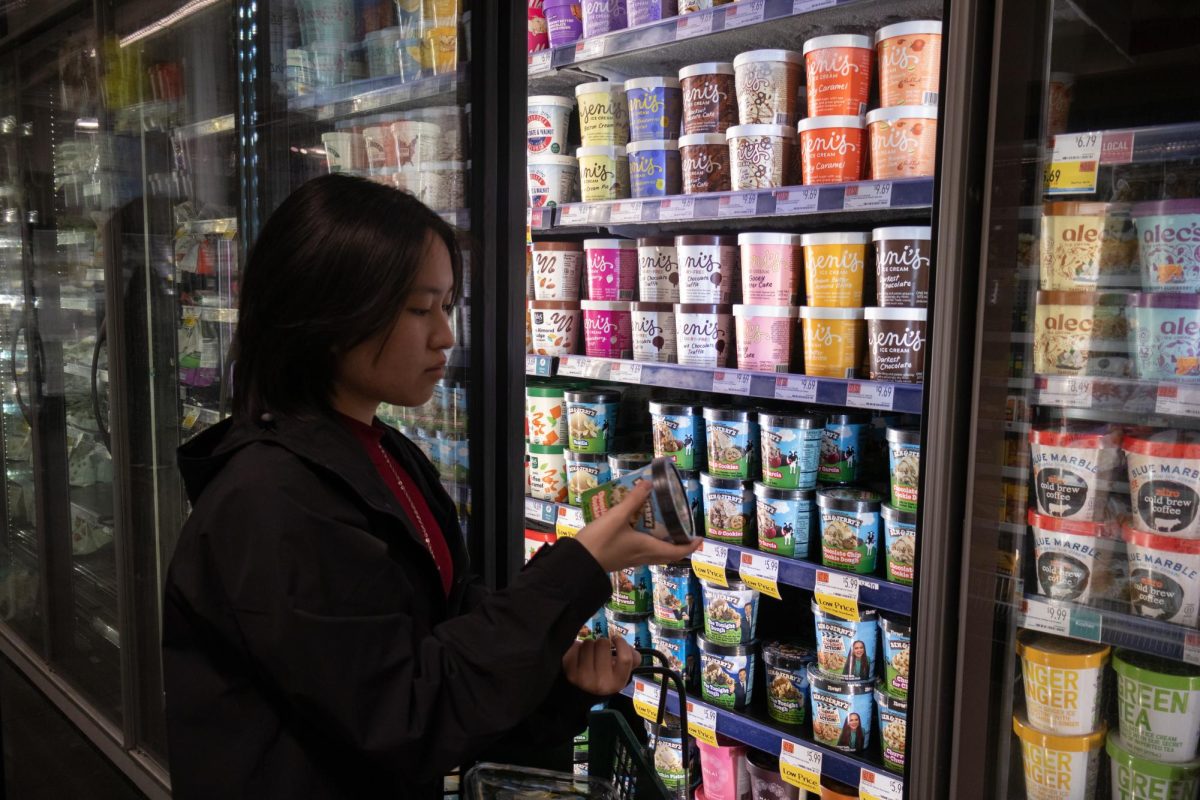The U.S. House of Representatives passed a bill on March 13 that could ban TikTok in the United States.
A 13-page proposal urged the parent company Beijing ByteDance Technology Co. to sell its American operations of TikTok to a non-Chinese owner, otherwise it would be effectively banned in the United States, prohibiting app stores from hosting TikTok and other apps that are linked to ByteDance.
The bill passed in the House with 352 to 65 votes, with one member voting present. It has yet to pass in the Senate.
Although President Joe Biden expressed he would sign the bill into law if passed, it was met with a difference of opinions. Some argued the ban would hurt American users, pushing them to use alternative methods to access the platform or use similar ones that give more business to companies like Meta Platforms Inc. and Snap Inc. which already dominate the social media market.
On the other hand, there are privacy and data collection concerns because the company is based in Beijing. The United States’ foremost economic competitor, American legislators also pointed to TikTok’s wide user base and the accompanying risk of the Chinese Communist Party holding sway over the political opinions of young Americans.
In 2023, TikTok rolled out Project Texas, a massive corporate restructuring to earn the trust of American users. It was done in the wake of former President Donald Trump’s executive order in the summer of 2020.
A designated website called TikTok U.S. Data Security outlined the company’s commitment to U.S. national security, saying the American user experience is a “protected environment designed to safeguard you and your data.”
Project Texas cost the company more than $1.5 billion to secure and store data on Oracle Corporation’s servers on American soil to protect privacy from outside influence, but since then TikTok has been banned on government devices as well as in the military. It is also banned in China itself.
A poll conducted by John Della Volpe from SocialSphere Inc. found 53% of Gen Z users — the primary users of the platform — are not in favor of the ban while 49% of millennials, who more often use platforms like Instagram and Facebook, do support the bill while only 34% do not.
Civil liberty organizations such as American Civil Liberties Union and the Knight First Amendment Institute have opposed the measure over concerns it would violate first amendment rights.
“It could be a slippery slope,” Dan Ives, a security analyst from Wedbush Securities, said. “We should worry about retaliatory measures here from China. It could affect Tesla and Apple companies in China. It could have massive implications.”
Sen. Daniel Crenshaw from Texas offered an opposing view on the Senate floor.
“TikTok is owned by ByteDance, ByteDance is in China and when you are in China you do everything the Chinese party asks you to do,” he said. “If they want you to spy for them, you spy. That’s how that works… The first amendment does not give the Chinese communist party the right to American data or the right to manipulate the minds of Americans.”
U.S. TikTok CEO Shou Zi Chew released a video following the news calling the vote “disappointing” and thanking the community for their support, reassuring that the popular platform’s security is one of the safest in the market and they will continue to fight to protect the platform.
While U.S. lawmakers continue to debate the issue, over 7 million small businesses and 170 million users face an unknown outcome. If the ban becomes law, TikTok could still pursue legal actions to challenge the ban.








